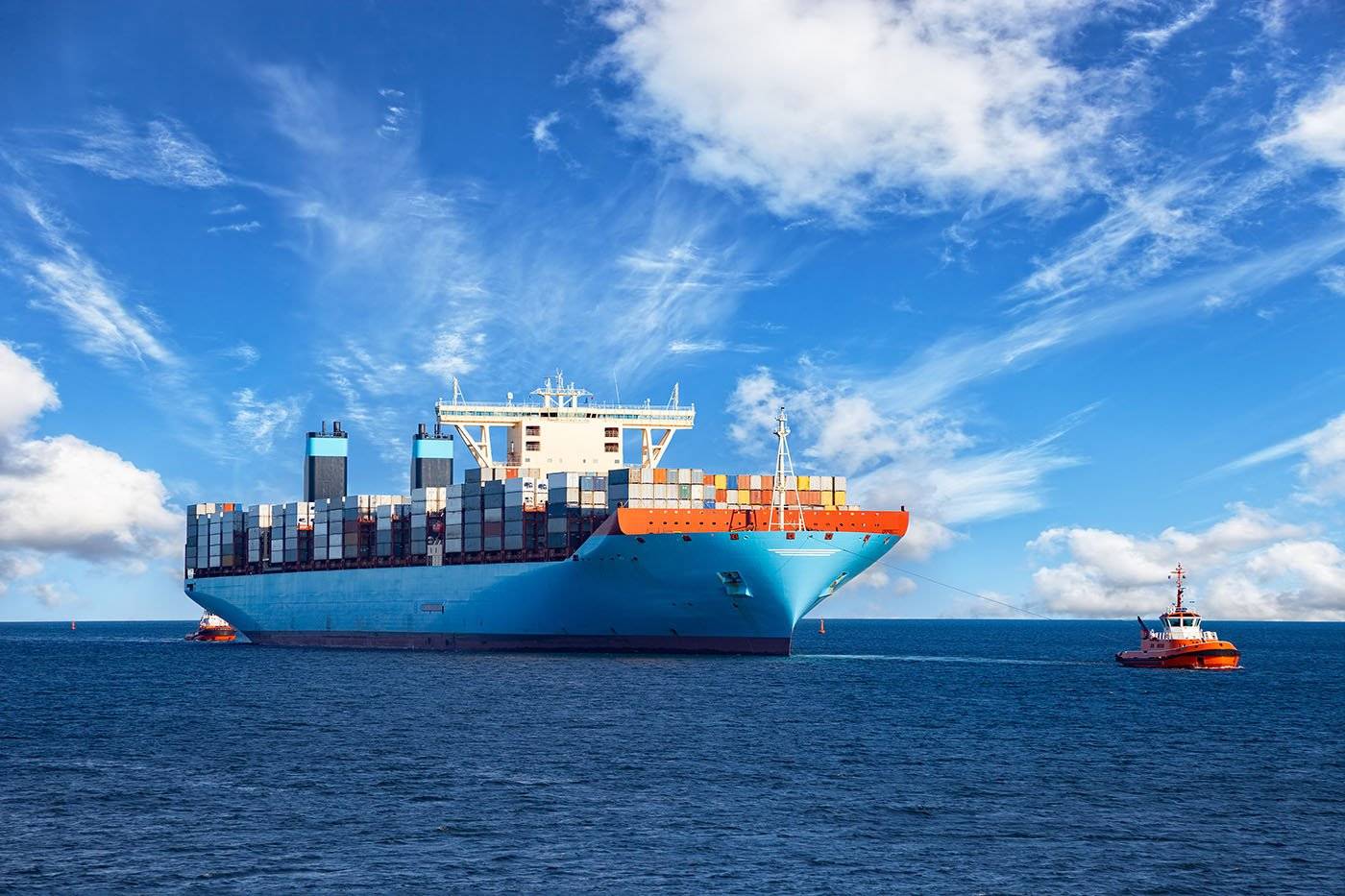The impact of advanced shipping technologies on the safety of the industry should not be disrespected. We'll talk about what helps this industry stay safe and keep us safe as well in this article.
The application of innovative shipping technologies in shipping and the industry's dependence on it
As much as it might seem to those far removed from the industry, maritime technologies are the same as the shipping industry. Why do we need technology here? It is a big mistake to think that the shipping industry is more or less a primitive industry that does not require the introduction of something new. Some people say that the main thing is to have navigation devices, and that's enough. But it's far from the truth. The shipping industry is characterized by the use of technological devices and shipping technologies that help the progress of business or any other activity they serve. With faster computers and more advanced software, the automation of various shipping tasks will become more efficient and convenient for companies.
Playing a huge role in commerce, the shipping industry literally needs to improve all work processes. Using modern software helps ships perform tasks with increased accuracy and productivity. That is why many shipping business owners give preference to a particular professional international software development company, helping them to improve and upgrade at every stage. Competitiveness is one of the main criteria for business performance. Therefore, each member of this chain fights for the quality and longevity of its technology.

Key shipping softwares to help all areas of the industry
There are several maritime and port management systems innovations that are indispensable in today's world for anyone who wants to be competitive, regardless of their line of business or the size of their business. In addition to basic applications for shipping or applications to improve one's quality of life, software for the shipping industry has its impact on all the activities of employees in this industry. Below, we have described a few striking examples of the use of shipping technology.
IoT implementation and use
IoT has its place even in the shipping industry when it comes to convenient use and data synchronization between all devices on a ship. Similar to the synchronization of Smart Home devices, the same way systems on ships are synchronized. This allows data storage and access to control all functions. Also, the application of IoT in ports has made ports capable of exceptional performance.
Green solutions
In addition to the obvious benefits of using the shipping industry for various businesses, we can also talk about a significant negative contribution to pollution and how freight companies such as SeaRates contribute all their efforts towards sustainable shipping.
Across the globe, scientists and professionals from various sectors, including the shipping industry, are actively collaborating on innovative solutions to reduce pollution and promote sustainability by applying cutting-edge technology in eco-friendly shipping practices. By developing more environmentally friendly materials, new ships are already being built with more environmentally friendly products to improve recycling processes.
Increasing the level of technology in receiving ports
One of the day-to-day problems in the shipping industry's delay is the low level of technology in ports. Those bases that do not update their personal equipment often cannot quickly track and receive ships. Accordingly, port development and faster synchronization of shared data help speed up processes. Developing ports into Smart Ports has shown great potential in improving port performances and competitiveness over the past few years.
Delivery of the future
Just as in all other areas of human life, in the near future, some ships will be partially or fully controlled remotely. At the moment, shipping automation is one of the developments on which scientists are actively working, and there is a strong belief in transforming the technology into one of the main ship trends.
Developments in shipbuilding technology
The success of the shipping industry also directly depends on the quality of equipment and technology in the factories that build the ships. The better the automated shipping systems and processes are developed, and the newer the equipment is, the faster and higher quality a machine will be built. By performing timely equipment replacement and maintenance in factories, manufacturers ensure that all processes run smoothly.
Use of robotics
Robots are now being used to diagnose and troubleshoot in places where diagnosis is dangerous for humans or not generally possible. This makes ship maintenance much safer and more productive. In the next 10 years, this industry promises to become even more functional.
Development of new fuels
Emissions of sulfur as well as carbon have a very negative impact on the environment. New technologies and the ability to research and combine new materials have enabled scientists to create materials with just as much driving power. At the same time, such eco-friendly fuel has a much more positive effect on the environment.
Tracking the state of machines using sensors
By connecting machine parts to sensor systems and sensors, it is now possible to monitor the operability and serviceability of the controlling parts of ships. Using special maritime software makes this function a reality and makes technicians' lives easier.
Process automation
Smart port technologies and aspects such as loading the transported goods onto the ship, packaging, and inspection have long been partially or fully automated. This speeds up the work processes and helps to increase the efficiency of business and trade processes.
Communication between ships, ports and crews
For decades, communication between ships' crews was on a fairly primitive level. With the advances in wireless technology, it is now not only possible to remotely track the location of ships but also track shipment containers increasing the chances of quality communication with the crew of the ships. Signal delivery is almost instantaneous, which helps avoid various delays.
What is the future of the shipping industry with the application of new technologies?
Human factors are still key in the management of all areas of activity. The shipping industry is no exception. But few can beat the fact that, in this case, technology and its timely renewal play a key role. From maintenance to quality process management applications, in all aspects, the use of modern technology is critical.
When asked what maritime technology is and how much is required, we are sure you will find it very important to work with the companies and people responsible for ship maintenance and the industry as a whole. It is very important to ensure quality and safety processes. That's why shipowners and all the surrounding links trust only the best technology provided by the best companies.

